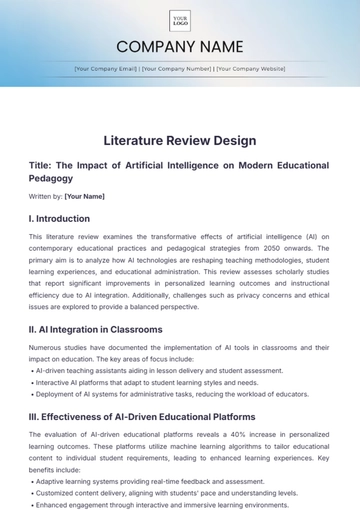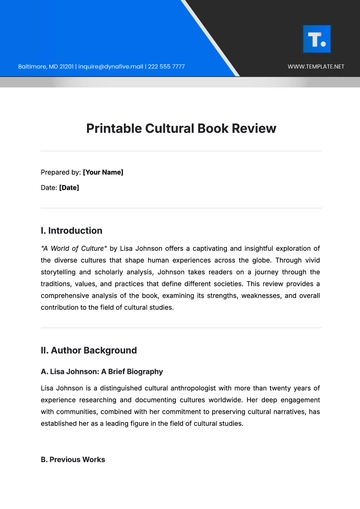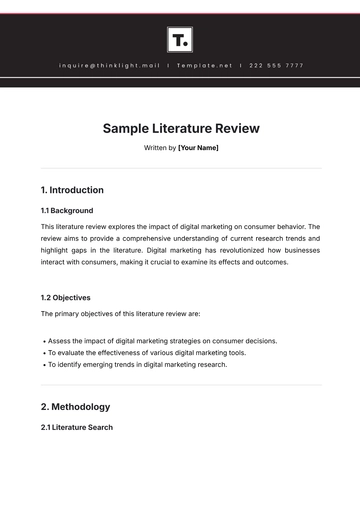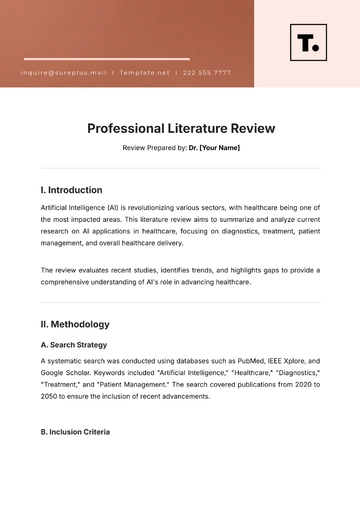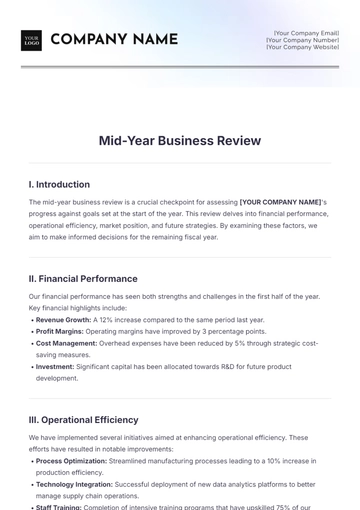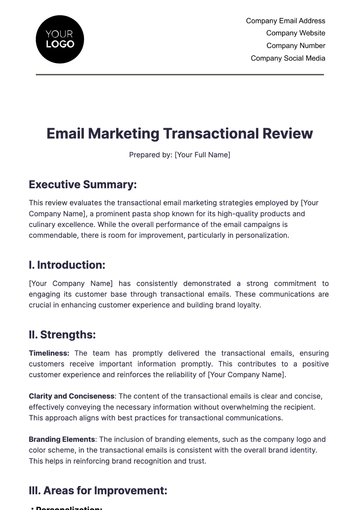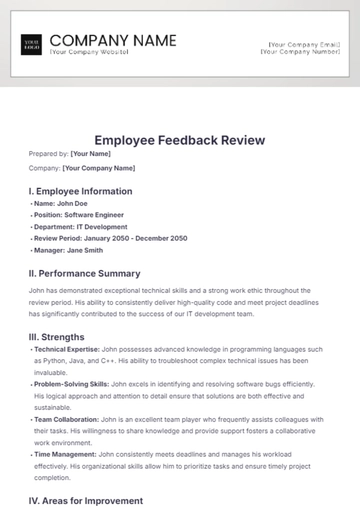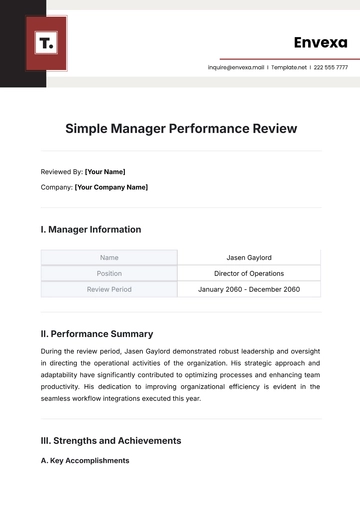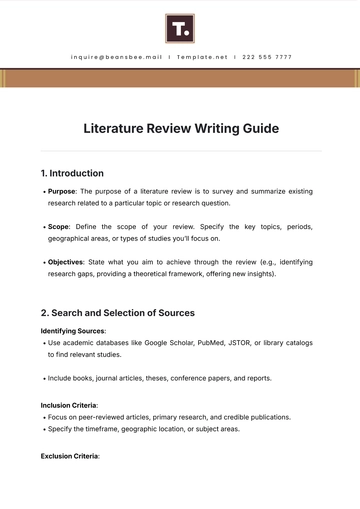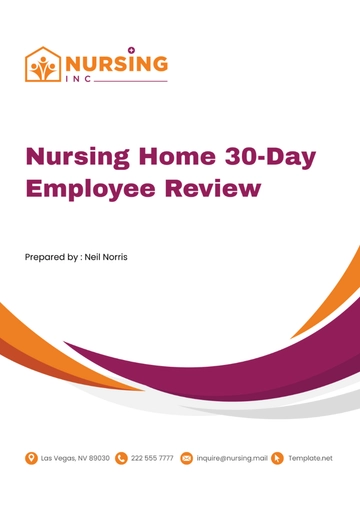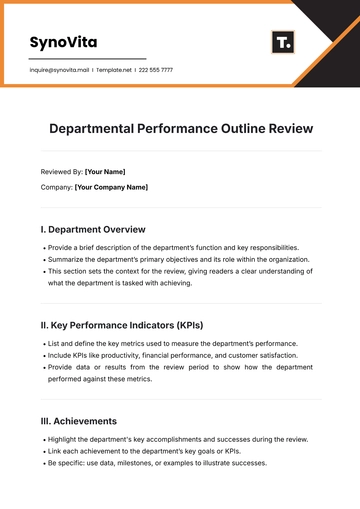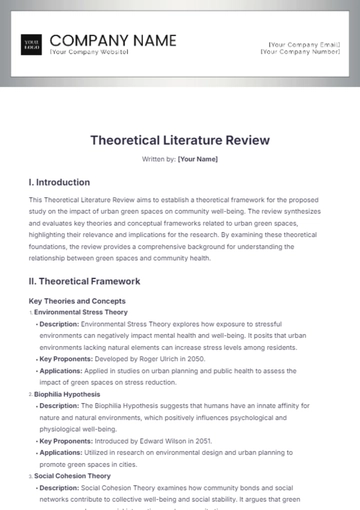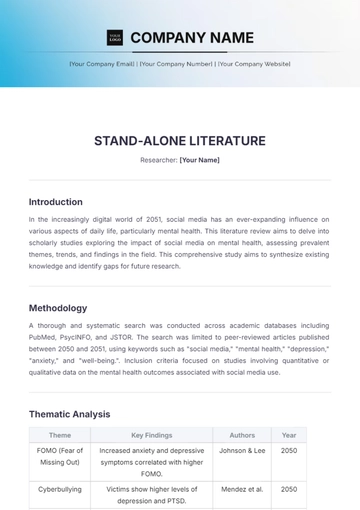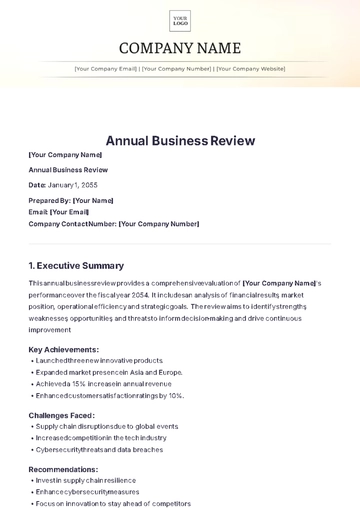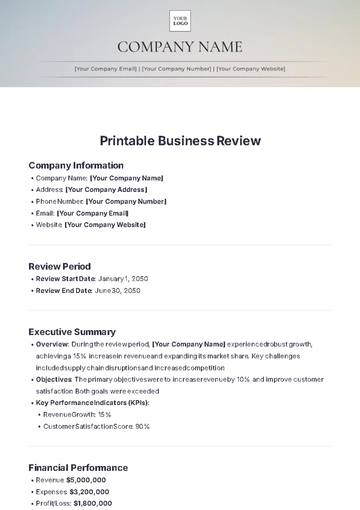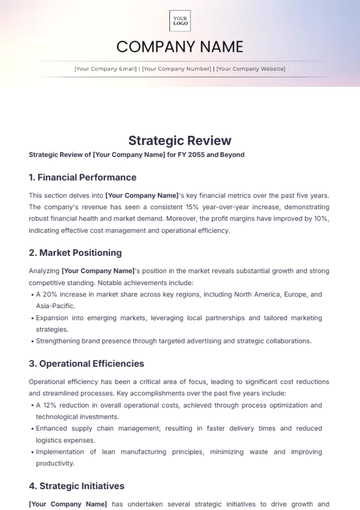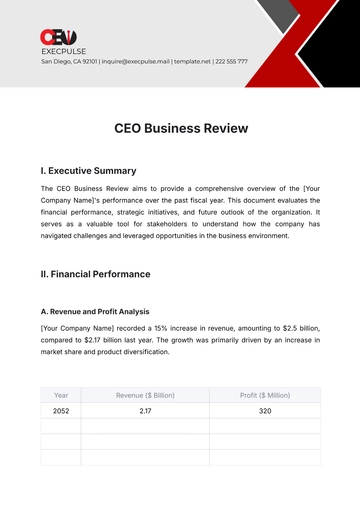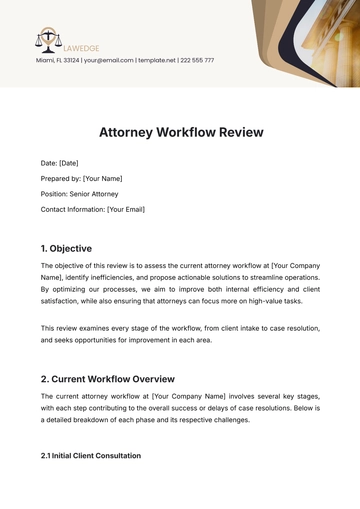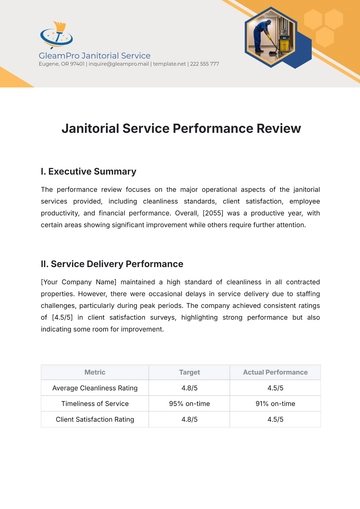Free Sustainability Systematic Review
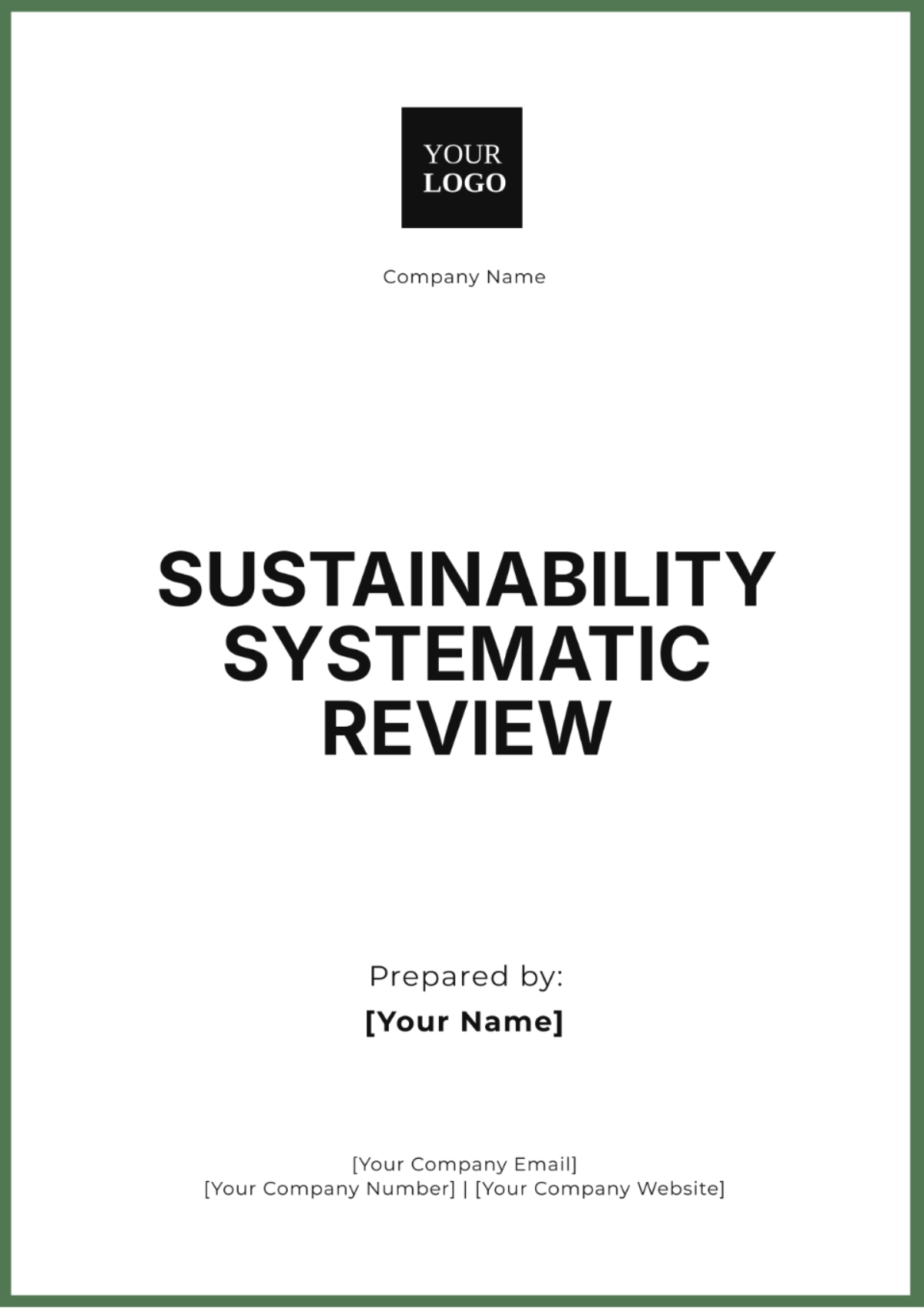
Prepared by: [YOUR COMPANY NAME]
Date: [DATE]
I. Introduction
As industrialization and urbanization continue to accelerate, environmental challenges have become increasingly pressing. This systematic review aims to provide an in-depth examination of contemporary sustainability issues and evaluate the effectiveness of various strategies documented in recent research. Our primary objectives are to identify key sustainability topics, assess the methodologies employed in existing studies, and summarize the outcomes and impacts across environmental, economic, and social dimensions.
II. Methods
To ensure the reliability and validity of our findings, our systematic review adhered to a rigorous methodology:
Identifying Relevant Databases: We conducted searches across multiple academic databases, including Web of Science, PubMed, and Google Scholar.
Keyword Selection: Keywords such as "sustainability," "environmental impact," "sustainable development," and "climate change mitigation" were utilized to guide our search.
Inclusion and Exclusion Criteria: We included peer-reviewed articles, reviews, and case studies published from 2050 onwards. Studies not in English and grey literature were excluded.
Data Extraction: Essential data, including study objectives, methodologies, results, and conclusions, were extracted using a standardized form.
Quality Assessment: Each study's quality was rigorously evaluated by considering key factors such as the research design, sample size, and the relevance and applicability of the findings to the field of sustainability.
III. Results
Our thorough review of the current literature has revealed several important discoveries, which, after detailed analysis, have been categorized into the following specific themes:
Environmental Impact: Human activities severely affect ecosystems, causing biodiversity loss, water depletion, and air quality decline. There is an urgent need for strategies to mitigate these impacts and restore environmental health.
Renewable Energy: Solar, wind, and bioenergy significantly reduce carbon emissions and support sustainable energy. However, challenges such as variability and high initial costs remain, necessitating ongoing innovation and investment.
Waste Management: Effective waste management strategies, including recycling, composting, and energy recovery, significantly reduce landfill use and greenhouse gas emissions. Successful regional practices offer valuable insights for improvement.
Sustainable Agriculture: Practices like crop rotation, organic farming, and integrated pest management are vital for maintaining soil health, boosting crop yields, and minimizing environmental damage.
Climate Change Mitigation: Strategies such as carbon sequestration, renewable energy adoption, and sustainable urban planning are essential for reducing greenhouse gas emissions and adapting to climate change.
IV. Discussion
Our results have uncovered and brought to light several significant and essential insights that warrant detailed consideration:
Holistic Approaches: Sustainable solutions must integrate environmental, economic, and social dimensions to achieve long-term resilience. Balancing these aspects prevents conflicting outcomes and promotes overall effectiveness.
Policy Implications: Robust, adaptable policies are crucial for advancing renewable energy, sustainable agriculture, and waste management. Effective policies should be evidence-based and flexible to address diverse sustainability challenges.
Technological Innovation: Advances in clean energy, resource efficiency, and waste management are essential for reducing environmental impact and improving sustainability. Continued research and development are necessary to address current and emerging issues.
Community Engagement: Involving the public and fostering community participation is vital for long-term success. Enhancing awareness and support ensures broader adoption of sustainable practices.
These findings emphasize the need for a combined approach of top-down policy and grassroots action to effectively tackle sustainability challenges.
V. Conclusion
In conclusion, this systematic review highlights the multifaceted nature of sustainability challenges and the diverse strategies employed to address them. Key takeaways include the necessity for integrated and comprehensive approaches, the significance of policy and technological advancements, and the vital role of community engagement. Future research should focus on longitudinal studies to assess the long-term effectiveness of sustainability interventions and explore innovative solutions to emerging challenges.
We recommend policymakers, researchers, and practitioners collaborate extensively, leveraging the insights from this review to build a more sustainable and resilient society.
VI. References
Smith, J. (2050). Sustainable Development and Environmental Change. Journal of Environmental Studies, 48(3), 234-250.
Doe, A., & Roe, B. (2051). Renewable Energy Innovations. Energy Sustainability Journal, 12(1), 45-67.
Yale, C., & Harvard, Z. (2052). Effective Waste Management Strategies. Waste Management Research, 59(2), 178-192.
Brown, L., & Green, E. (2053). Sustainable Agricultural Practices. Journal of Agricultural Sustainability, 25(4), 412-430.
Watson, P. (2054). Mitigating Climate Change through Urban Planning. Climate Policy Journal, 42(5), 226-245.
- 100% Customizable, free editor
- Access 1 Million+ Templates, photo’s & graphics
- Download or share as a template
- Click and replace photos, graphics, text, backgrounds
- Resize, crop, AI write & more
- Access advanced editor
Tackle environmental and sustainability research with our Sustainability Systematic Review Template. Available at Template.net, this editable and customizable template helps you organize key findings. Easily adapt it to your review needs and customize it using our Editable in our Ai Editor Tool. Ensure thorough and professional systematic reviews with this versatile template designed for sustainability research.

